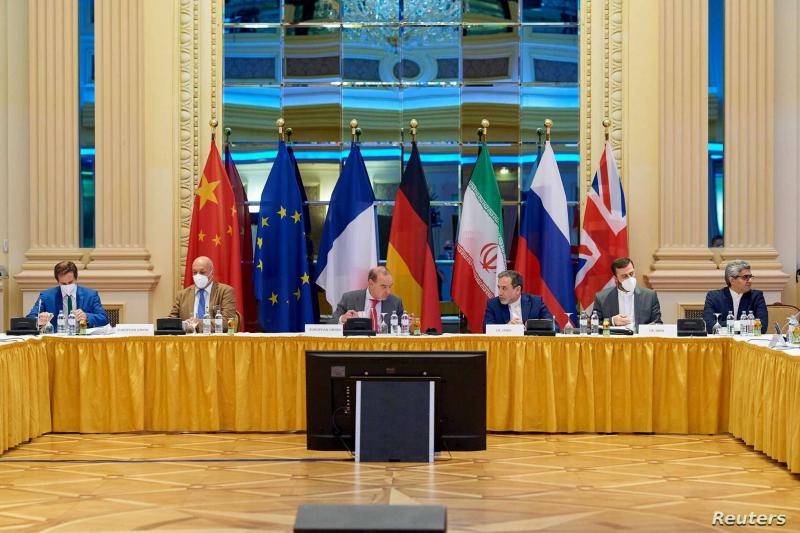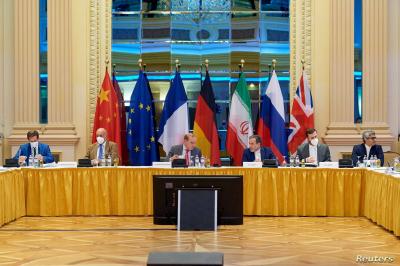The discussion about the fate of the Iranian Revolutionary Guard and its direct relationship as a key issue in reaching an agreement regarding Iran's nuclear program has returned, especially amid voices opposing its removal from the U.S. terrorism list. However, a new proposal recently circulated in the U.S. Congress reveals that President Joe Biden's administration is considering lifting sanctions imposed on the Revolutionary Guard while keeping the Quds Force on the terrorism list instead.
The proposal removes the designation of the Revolutionary Guard from the terrorism list in exchange for keeping the Quds Force, which is a smaller unit primarily fighting abroad, on the U.S. terrorism list to offset this step. Estimates circulated indicated that the sanctions would be lifted for around 80,000 to 180,000 members of the Revolutionary Guard, while only the Quds Force, consisting of 20,000 Iranian fighters, would be affected, according to the "Washington Free Beacon."
Iranian officials have confirmed the proposal in recent days, sparking anger among Republican foreign policy leaders who argue that the Iranian Revolutionary Guard should remain on the U.S. terrorism list. Republican leaders consider the proposal a breach of the deal if presented to Congress for approval. A prominent Republican familiar with the proposal stated that "removing the Revolutionary Guard and placing the Quds Forces only on the list would effectively mean removing another 80,000 fighters or so from the terrorism list, allowing them to enter the United States."
Additionally, members have been informed about how the proposal would allow Revolutionary Guard fighters to enter the United States, according to a version of that information obtained by "Free Beacon."
Simultaneously, some Democrats are also speaking against this move. Senator Joe Manchin wrote to Secretary of State Antony Blinken, expressing that he is "particularly concerned" about removing the Revolutionary Guard from the State Department's list of foreign terrorist organizations. He added, "We should not reward Iran by easing sanctions" until it shows readiness to curb its "nuclear ambitions" and "funding of terrorism."
It is noteworthy that the issue of lifting the Iranian Revolutionary Guard from the list of terrorist organizations by the U.S. resurfaced weeks ago, posing a significant obstacle for negotiators, especially since President Biden's administration is under intense pressure in Congress to not remove it from the terrorism list. Some sanctions also remain a barrier to reaching a final agreement between Iran and the three European countries (France, Britain, and Germany) along with Russia, China, and the U.S., which participated in marathon negotiations that began last April in the Austrian capital, indirectly.




